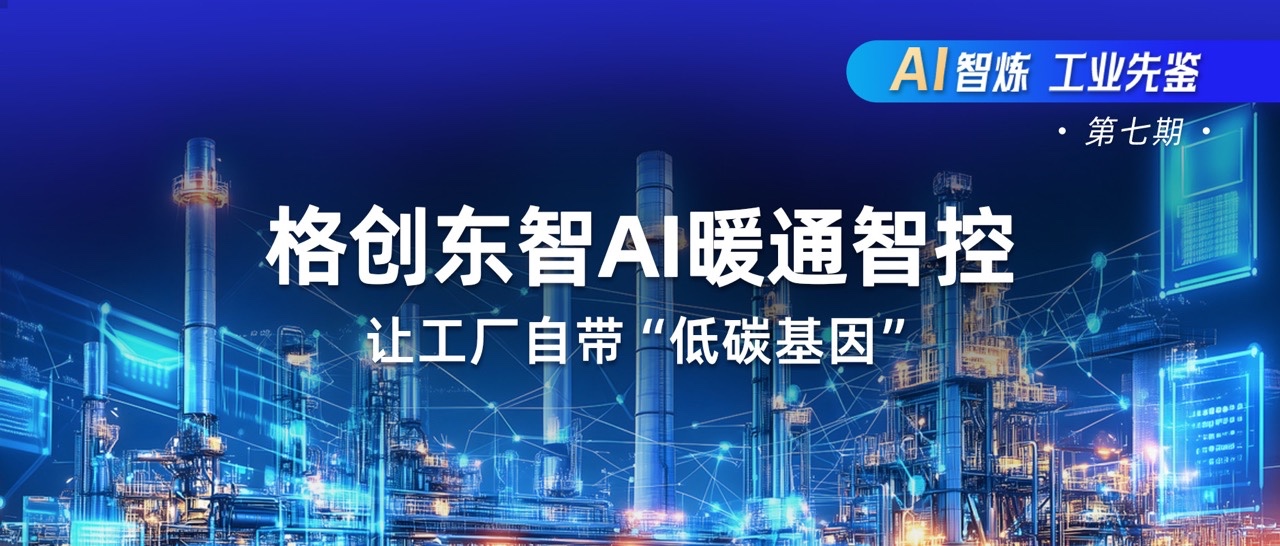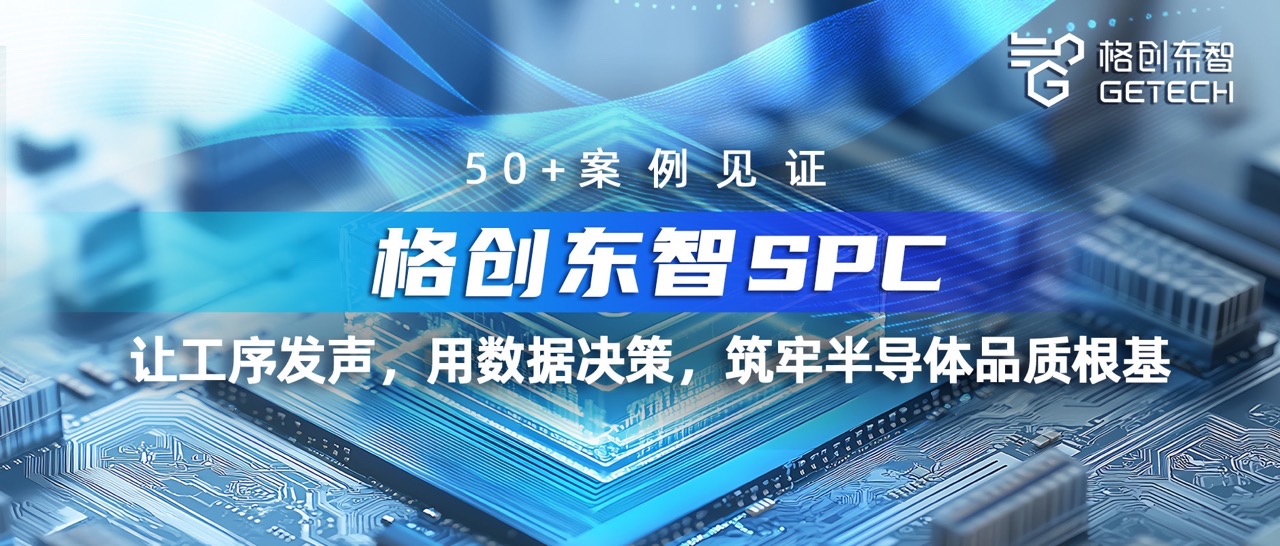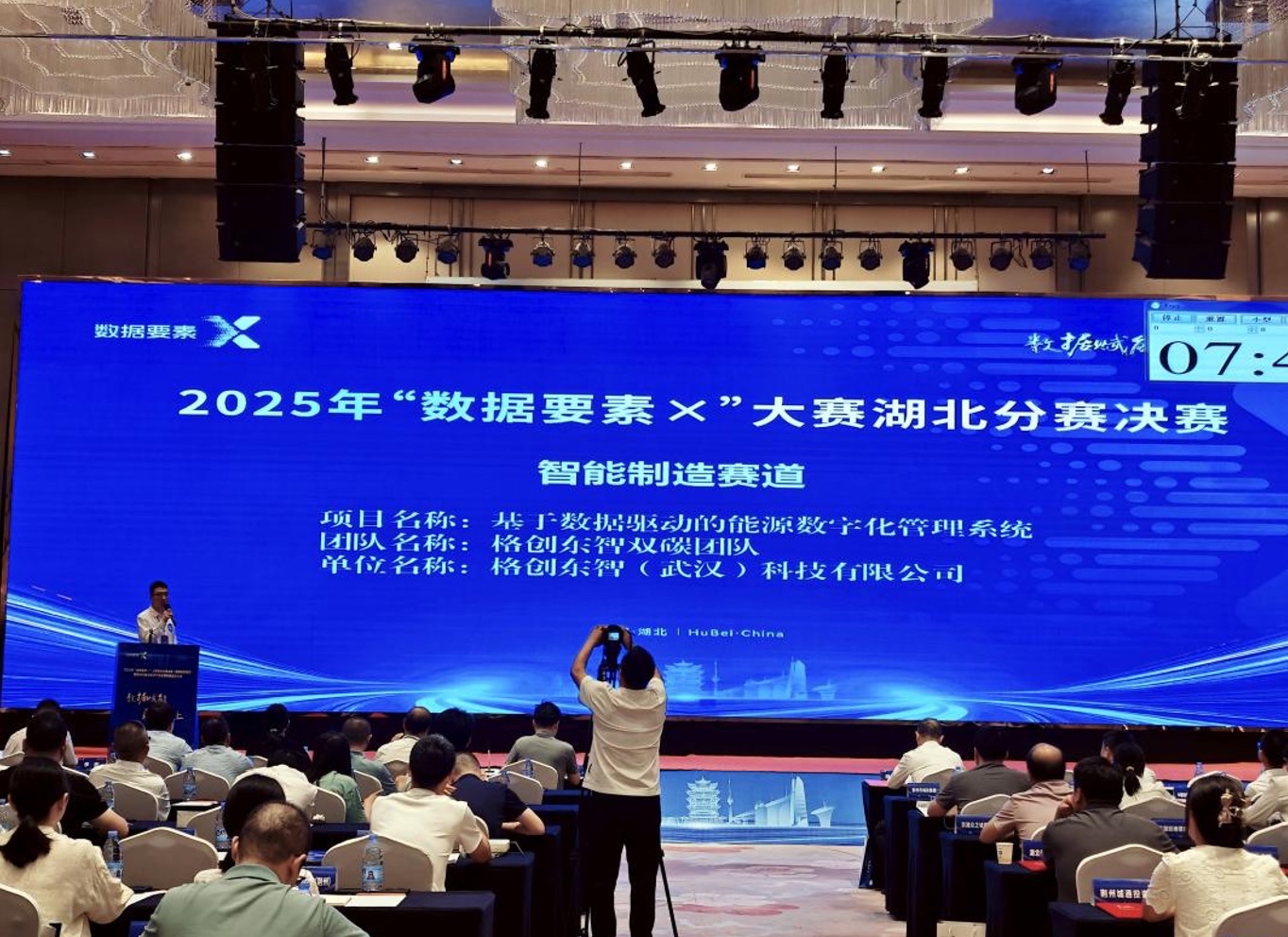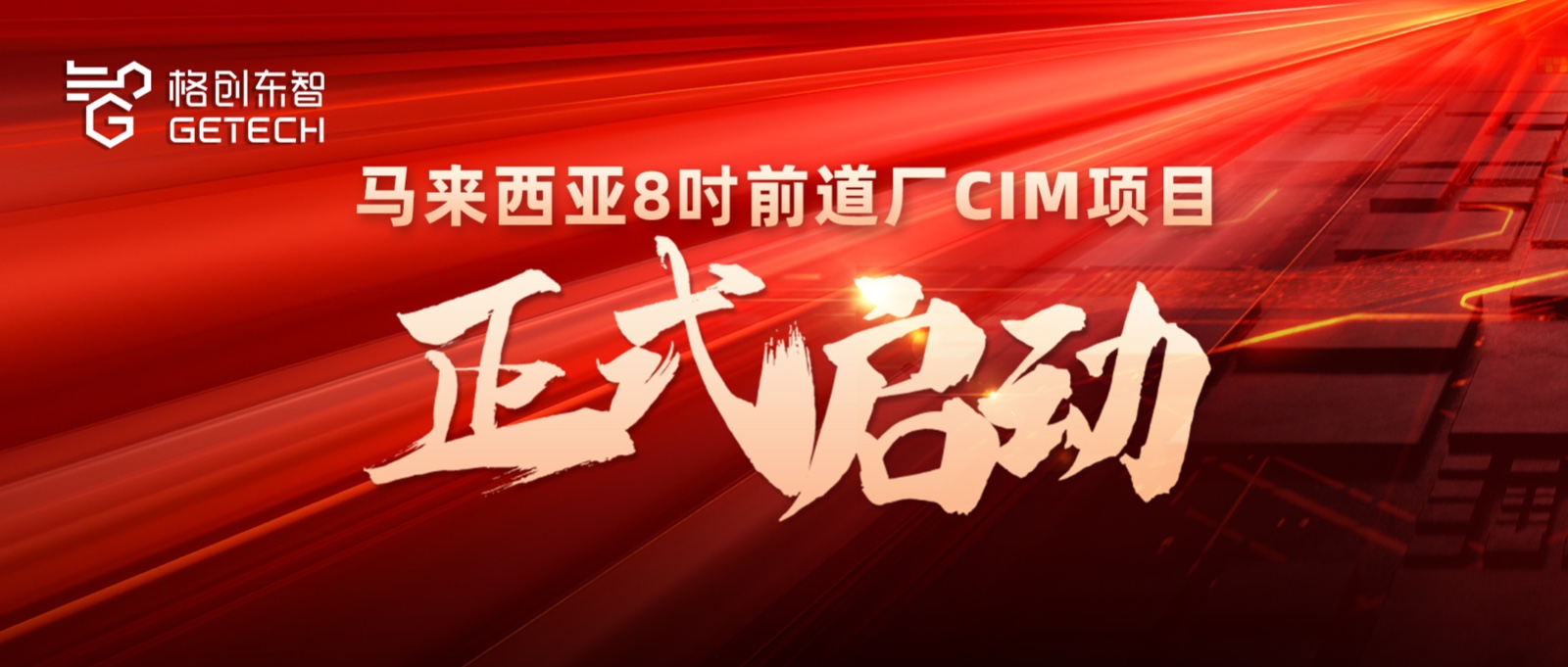Yun Wang, OT Business Director and GM of Intelligent Equipment Division at GTRONTEC, attended the online strategy seminar jointly hosted by Tencent YouTu, Tencent Cloud, and Tencent Research I
As part of the 'New Infrastructure', the industrial internet industry has recently seen many benefits. As the pandemic improves, in the post-pandemic era, using cutting-edge technologies like AI to fight the pandemic and resume work, industrial intelligence faces new development opportunities.

Recently, focusing on the opportunities and challenges of industrial intelligence in the post-pandemic era, Tencent YouTu, Tencent Cloud, and Tencent Research Institute jointly hosted an online strategy seminar. Yun Wang, OT Business Director and GM of Intelligent Equipment Division at GTRONTEC; Wang Chen, Chief Engineer of the National Engineering Laboratory for Big Data System Software at Tsinghua University; Yu Zheng, Director of Minglue Academy; Shi Zhe, VP of Solutions at Tianze Zhiyun; and Huang Liang, Head of Industrial AI Project at Tencent YouTu Lab, deeply discussed related topics.
| The Value of Artificial Intelligence
Every enterprise and every scenario's application is different. From the client's perspective, it's about return on investment. For example, if a solution can replace a hundred workers, the cost of these workers can be immediately calculated. For such a project, if the investment can be recouped within 1.5 years, the industry is willing to accept it.
—Yun Wang, OT Business Director and GM of Intelligent Equipment Division at GTRONTEC
In Wang Yun's view, in product quality inspection, using big data to find factors affecting quality has a good effect. For example, when a product has quality issues, traditional experience involves exporting data from Excel, grabbing factors, and having experienced engineers check, taking 5-6 hours. But now, with intelligent systems, with complete data, big data can quickly lock suspicious factors from thousands of factors, solving the problem in 30 minutes.
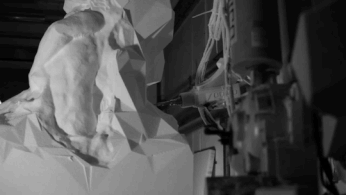
| Many Challenges Remain in Human-Machine Collaboration
Why didn't intelligent robots see an expected surge in application during the pandemic when manpower was tight?
Another issue with collaborative robotic arms is that mobile services have not been widely promoted yet; most are fixed in one position to replace humans in simple repetitive tasks. The future trend is to integrate with existing equipment, achieve path optimization, algorithm optimization, visual optimization, and ultimately provide scenario-based diverse applications.
—Yun Wang, OT Business Director and GM of Intelligent Equipment Division at GTRONTEC
Wang Yun's solution is that "for industrial internet to achieve industry collaboration and platform synergy, in the future, with the support of 5G, big data, and cloud technology, data barriers need to be broken to form more intelligent solutions and applications in more scenarios."
Human-machine collaboration started earliest in the industrial field; collaborative robotic arms have been developed for many years, with many safety sensors and safety features in the system. But why haven't they been widely adopted in many enterprises? From the client's perspective, the most important consideration is still safety.
During the pandemic, labor costs became higher, and the usage of fully automated robotic arms increased, but they are still doing repetitive搬运 tasks in enclosed spaces. In fact, collaborative arms have done very well in mechanical aspects like precision and stability, but the most important purpose of collaborative arms is not to replace human work but to replace human automatic judgment. The industry needs to think next: how to combine intelligent recognition to help robots make judgments."
| Experts Proposed Solutions
Start Industrial Intelligence from Points
Wang Chen believes that for SMEs and private enterprises, achieving industrial intelligence should start from points. Industrial intelligence is closely related to enterprise processes, data conditions, data quality, data storage cycles, and sensor accuracy. Specific issues must be analyzed specifically.
Combine Technology with Scenarios
Huang Liang believes that combining manual and automated approaches, and balancing generality and customization, industrial scenario solutions are highly customized. Different subfields have their business characteristics, making it hard to find large universal solutions. How to ensure solution generality while flexibly adapting to different business scenarios is a challenging issue; the industry is trying to balance both.
Robots Need to Master Professional Knowledge
Wang Chen said, "Intelligent decision-making. Previously, we often talked about machines replacing humans. The first level of machine replacement in manufacturing enterprises is not achieved through digitalization or intelligence but automation, such as handing mechanical, repetitive tasks to robots, which are more efficient, stable, and accurate. Today, intelligent replacement aims to replace not just repetitive tasks but also professionals and experienced craftsmen and masters in enterprises. This road is still long."
Pandemic Accelerates Industrial Intelligence Development
Shi Zhe believes, "The opportunity brought by the pandemic is forcing the development of industrial intelligence, mainly reflected in four aspects: technology replacing human repetitive work, data collaboration optimization, informatization and digitalization construction, and platform construction."
Believe that in the future, based on existing digital production, AI will definitely have better development. The days of working with 'robot colleagues' are quietly arriving.


